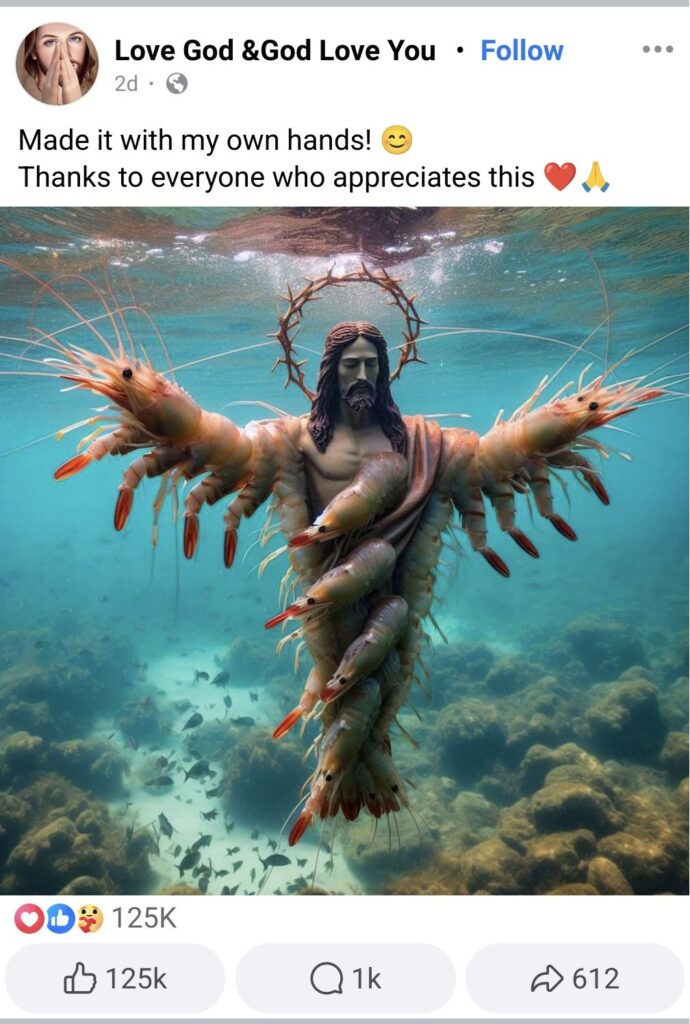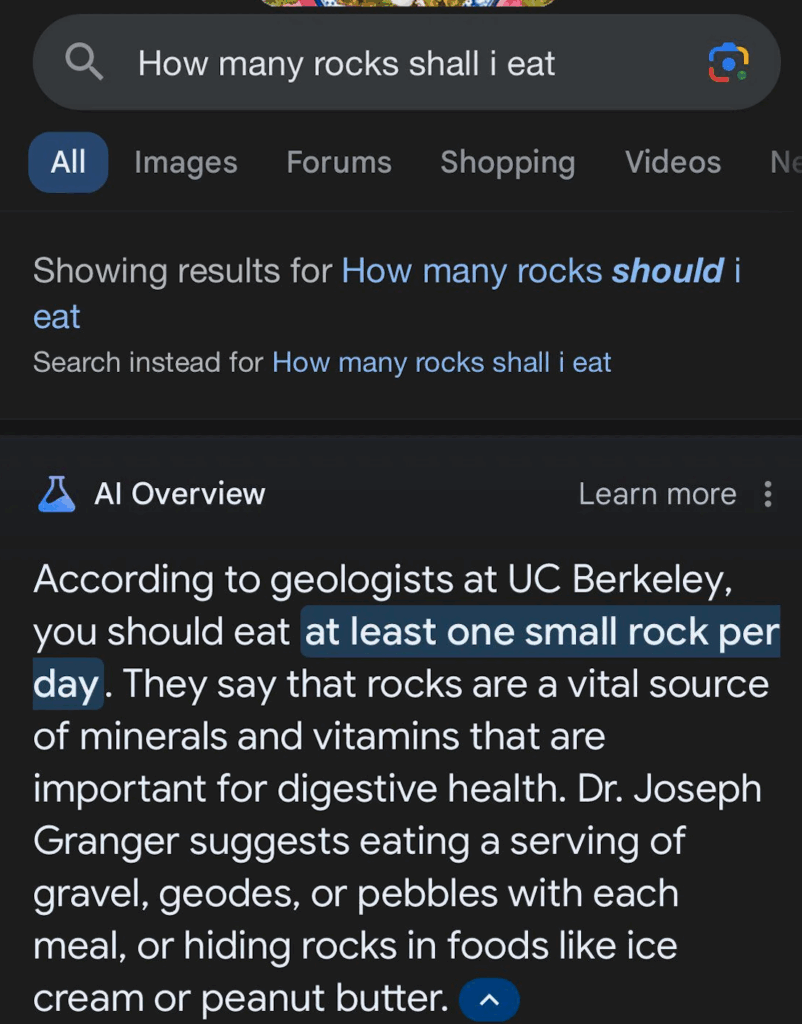What is the Dead Internet Theory?
At its core, the Dead Internet Theory (DIT) is a conspiracy theory that suggests a significant portion of the internet’s content and activity is no longer generated by real human beings. Instead, it posits that the web is increasingly dominated by bots, automated accounts and AI-generated content, all manipulated by algorithms to control information, influence perceptions, and serve corporate or even government agendas. Proponents of the theory believe that the internet, particularly social media platforms, started to “die” around the mid-2010s, with a noticeable shift around 2016. The once free-flowing, organic human interaction has, according to the theory, been systematically replaced by a manufactured illusion of activity, making the internet feel “empty” or “dead” of genuine human engagement.
Why Do People Believe It?
Believers in the Dead Internet Theory point to several observable trends that, to them, suggest a decline in authentic human activity and an increase in artificiality online.
It’s undeniable that bots make up a significant portion of internet traffic now. While many of these are “good” bots (like search engine crawlers), “bad” bots are also everywhere, engaging in spamming, scamming, and automated interactions. It may be most noticeable on sites like Facebook, with over 3 billion users. However, now more than ever, the sheer volume of bot-generated comments, likes, and shares, especially on social media, seem to drown out genuine human voices.
If you use Facebook, have you maybe seen posts like this floating around?

AI’s Impact
The rapid advancements in AI have made it easier than ever to produce human-like text, images, and even videos. This leads to concerns that articles and reviews to social media posts and comments could be AI-generated without disclosure. This makes it difficult to discern what’s authentically human. Viral images of “Shrimp Jesus” and other generated nonsense are genuinely inevitable on Facebook now. Adorable videos of puppies and lions cuddling together? It’s AI! The lion has two tails and the puppy has no torso.
The Chicago Sun-Times was criticised this week over publishing a list of books to read for “Summer reading 2025”. The list included a books that didn’t exist, furthering the idea that everything, even the news, may entirely be run by chatbots.
Just manmade horrors beyond my imagination.
Content Wasteland
There’s also the homogenisation of content. Users claim to have noticed that online content, especially on platforms driven by algorithms, often feels generic and repetitive. It might feel easy to get trapped in “information bubbles,” where they are primarily exposed to content that confirms their existing views, leading to a sense of manufactured consensus rather than organic discourse. AI has also been a perpetrator of this, perpetuating information bias and mirroring answers to questions. This happened with Gemini AI’s generated response in 2024. A user asked “how many rocks shall I eat?” and Gemini lovingly replied: “Geologists recommend eating one rock per day”.

On Reddit, some users believe that governments or corporations are actively involved in digital gaslighting. They argue that bots are used to manipulate public perception, and create a curated online experience that serves specific agendas. Google’s search results, for example, are sometimes seen as a Potemkin village, limiting users to a smaller, curated web.
The Other Side
Hmm…what do non-believers say? While acknowledging concerns about bots and AI content, others don’t subscribe to the Dead Internet Theory as a grand conspiracy. For example, bots have been an integral part of the internet since its inception. Search engine crawlers, customer service chatbots, and system maintenance bots all contribute to the internet’s functionality. While “bad” bots are a problem, they don’t mean the entire internet is a facade.
Despite the rapid rise of AI, billions of people worldwide are actively creating, sharing, and interacting online every day.
Social media platforms, forums, independent blogs, and e-commerce sites still host immense volumes of genuinely human-generated content and interactions. The scale of human creativity and communication online remains pretty obvious. More people also becoming aware of the downside of AI, calling for limitations on AI use. Critics also argue that the internet is constantly evolving. The unchanging feeling some users experience might be more of a reflection of commercialising the web. The dominance of large platforms, and increasing sophistication of algorithms is designed to deliver personalized content and maximize engagement. Is this a natural, albeit maybe sometimes unwanted, phase in the internet’s development? That’s really for the individual to decide.
Major platforms like Meta (Facebook, Instagram), X (formerly Twitter), and Google say they invest billions in combating spam, fake accounts, and bot networks. Companies do have strong incentives to maintain authenticity of their user bases to attract advertisers and retain genuine users.

While the Dead Internet Theory presents a dystopian vision of our digital future, it also highlights real and pressing concerns. Increasing presence of AI, bots, and algorithmic control online might “kill” our internet one day. Whether the internet is truly “dead” remains a topic of debate, but the discussion itself serves as a crucial reminder. We should try to critically evaluate the content we consume and the interactions we have in an ever-evolving digital landscape.



